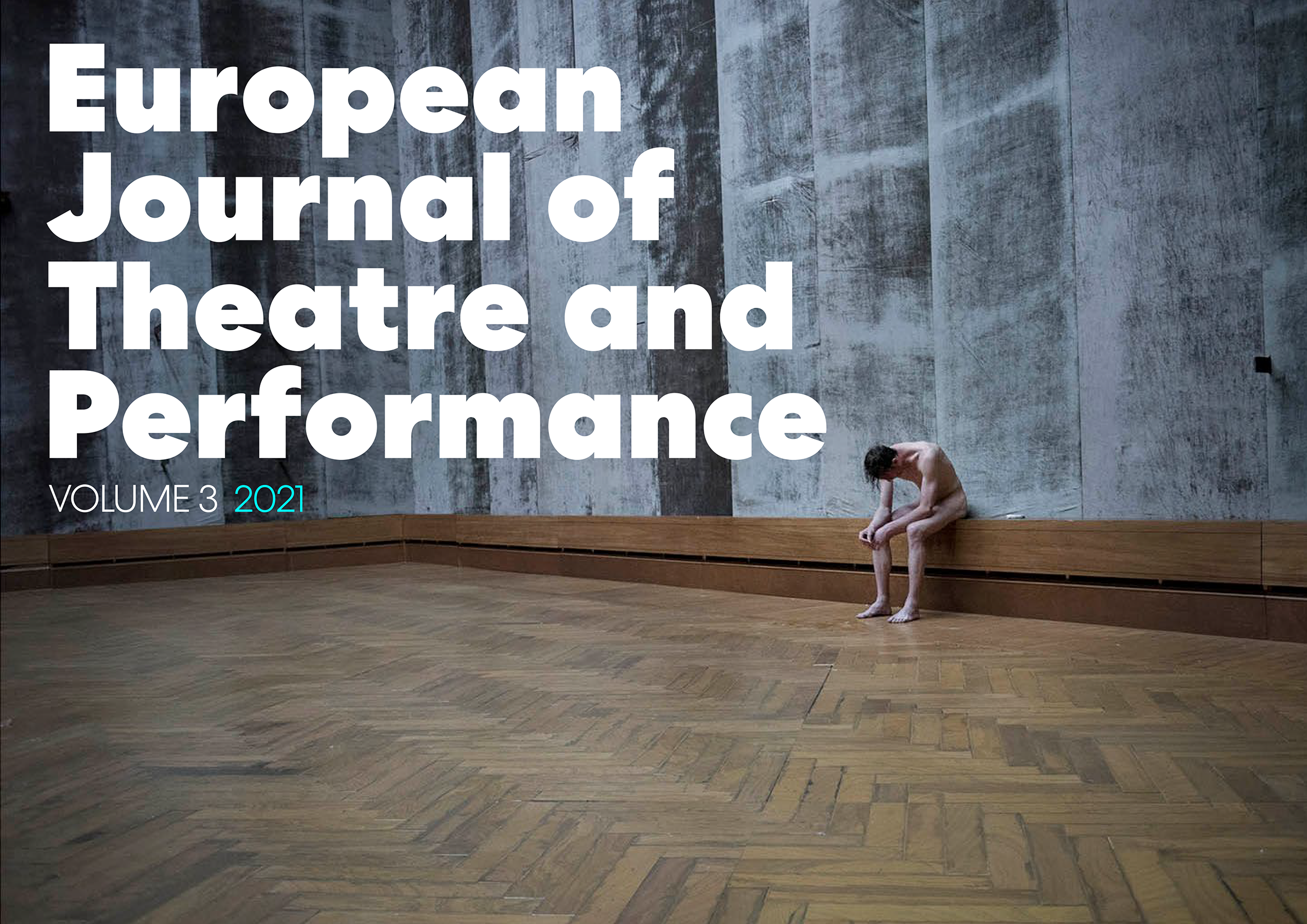‘To Speak Shakespeare in German is Almost to Speak It in English’: Translocation of Languages on Nineteenth-Century Stages
DOI:
https://doi.org/10.21827/ejtp.3.41748Keywords:
Bilingual performance, non-native language, nation building, contact zone, nineteenth centuryAbstract
During the nineteenth century technical developments and the associated advances in transportation encouraged mobility and connectivity and greatly expanded the actor’s sphere of action. These developments paved the way for theatre to become a transnationally, even globally connected medium with numerous possibilities of cross-cultural encounters and entanglements. In this context, languages left their national contexts by travelling the world with actors. In this article, I will pursue this translocation of languages by focusing on two cases: bilingual performances and performances of actors who have performed in non-native languages. Focusing on the USA, I aim to examine these concrete language practices in theatre as spaces of encounter or contact zones in a time characterised by strong nation building processes.
Published
Issue
Section
Copyright (c) 2021 Berenika Szymanski-Düll

This work is licensed under a Creative Commons Attribution 4.0 International License.

